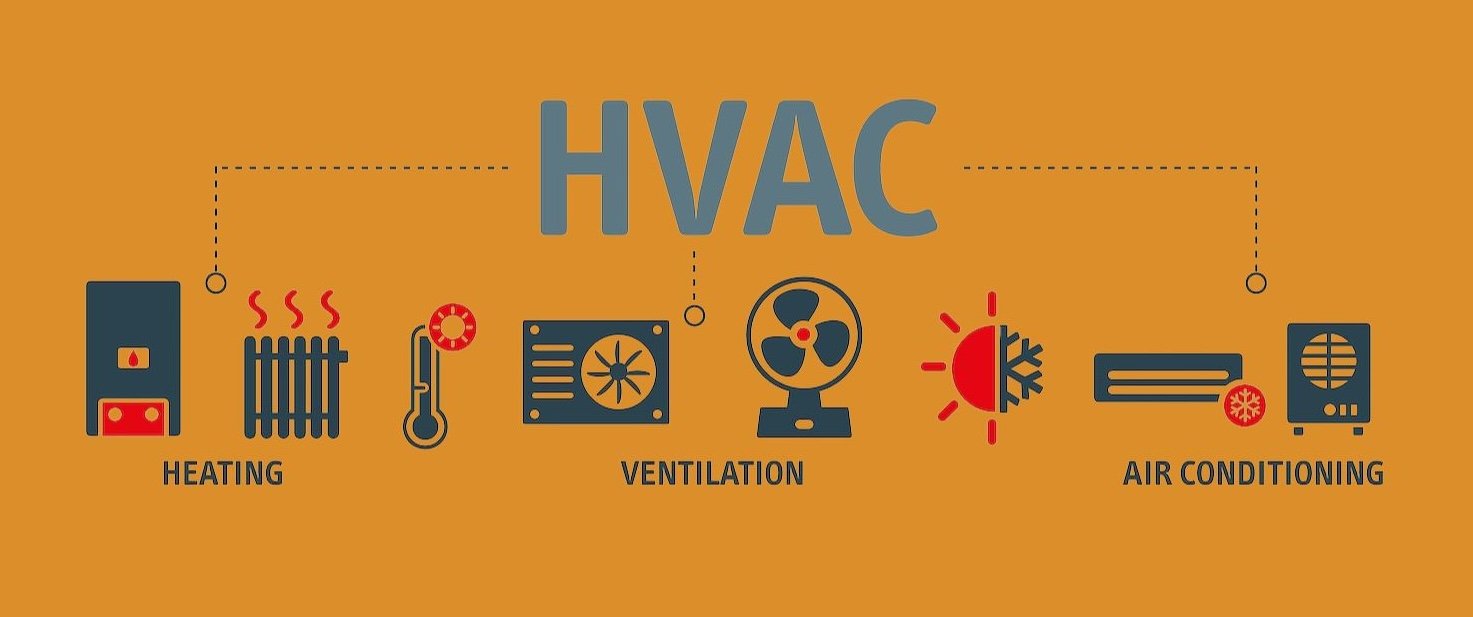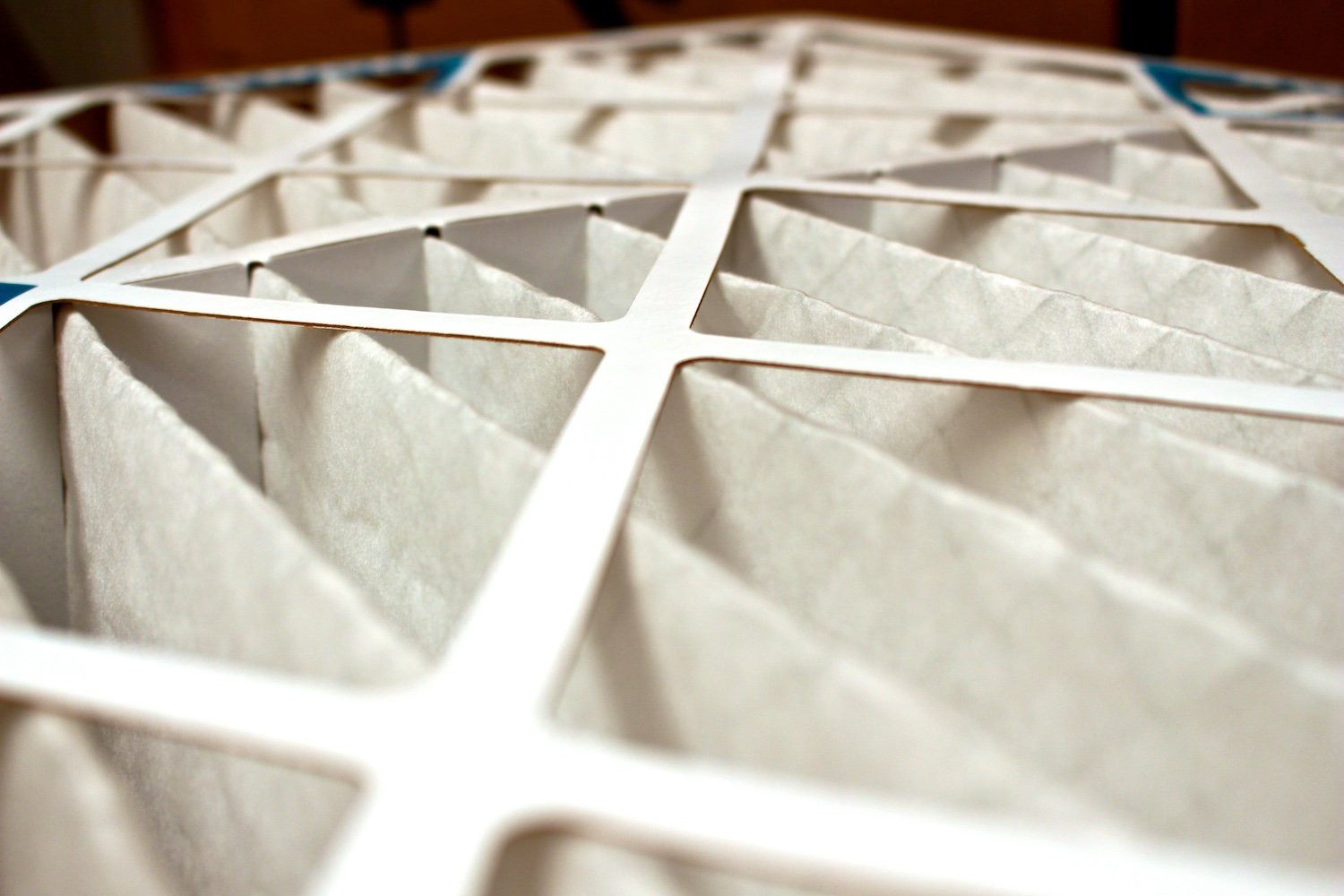What Does HVAC Stand For? Get to Know the Critical System
It's easy to take for granted the comfort and safety of a living space, but it's mostly thanks to your HVAC system. It works behind the scenes, keeping the home warm in winter and cool in summer–but what does HVAC stand for, and why should you care?
Knowing the basics of your cooling and heating system can significantly impact how you manage your home and its maintenance. Every homeowner should feel empowered to learn about the way things work. This article will explain what HVAC means, why it's important, and how to keep yours running efficiently throughout the year.
Why HVAC Matters
A reliable HVAC system ensures you stay warm during the winter and cool in the summer, creating a pleasant living environment year-round. Recognizing how your HVAC system operates helps you catch issues early, which can prevent minor problems from turning into major repairs.
Beyond temperature control, HVAC systems are crucial for maintaining good indoor air quality. They help filter out dust, allergens, and other airborne particles, providing a healthier environment for you and your family.
What's in the System
HVAC stands for Heating, Ventilation, and Air Conditioning. These three systems are integral to maintaining a comfortable and healthy environment in your home, regardless of the season.
Heating: This component includes furnaces, boilers, and heat pumps that work to keep your home warm during the chilly months. By generating heat and circulating it through ducts, radiators, or other methods, these systems ensure that every corner of your home remains cozy and inviting.
Ventilation: Proper ventilation is vital for good indoor air quality. It involves circulating fresh outdoor air and removing stale indoor air, along with pollutants, moisture, and odors. Effective ventilation helps reduce allergens, prevents mold growth, and maintains a fresh, breathable atmosphere inside your home.
Air Conditioning: This system cools the air and controls humidity, making your home a refuge from the summer heat. Air conditioning units remove excess heat and moisture from the indoor air, providing a cool and comfortable environment even on the hottest days.
Types of HVAC Systems
HVAC systems come in various types to suit different needs, locations, and preferences.
1) Central Air Conditioning Systems
Central air systems are one of the most common types. Using a network of ducts to distribute cool air throughout your home, these systems are ideal for maintaining a consistent temperature across large areas for efficient cooling. They typically include an outdoor unit, which houses the compressor and condenser, and an indoor unit containing the evaporator coil.
Central AC operates circulates refrigerant through a series of coils, which absorb heat from the indoor air at the evaporator coil, and then transfer it outside to the condenser coil, where the heat is released. The cooled air is then circulated back into the home via ducts.
2) Ductless Mini-Split Systems
Perfect for homes without existing ductwork, ductless mini-split systems offer flexibility and efficiency. They consist of an outdoor compressor and one or more indoor air-handling units so you can control the temperature in individual rooms or zones.
Ductless mini-split systems operate similarly to central air systems but do not require ductwork. Each indoor unit has its own evaporator coil and fan, while the outdoor unit contains the compressor and condenser. Refrigerant lines connect the indoor and outdoor units, facilitating heat exchange.
3) Heat Pumps
Heat pumps can both heat and cool your home. They work by transferring heat between the indoors and outdoors, depending on the season.
During the winter, heat pumps extract heat from the outside air (even in cold temperatures) and bring it inside. In the summer, the process reverses, with the heat pump removing heat from your home and releasing it outdoors.
Heat pumps are known for their energy efficiency and use a reversing valve to switch between heating and cooling modes. In heating mode, they extract heat from the outside air, ground, or water source and transfer it indoors. In cooling mode, the system removes heat from the indoor air and releases it outside.
4) Furnaces and Boilers
Furnaces and boilers are traditional heating systems that are especially useful in colder climates.
Furnaces heat air and distribute it through ducts, while boilers heat water and circulate it through radiators or in-floor heating systems. Furnaces are usually powered by natural gas, electricity, or oil, and they provide quick, consistent warmth.
Boilers also use similar fuels and offer a more radiant heat, which can be more comfortable and efficient. Both systems are controlled by thermostats, ensuring your home stays at the desired temperature.
Signs of Trouble with an HVAC System
Spotting issues with your HVAC system early can save you time and money, so here are some common signs that something might be wrong:
Strange Noises: Unusual sounds like banging, hissing, or squealing often signal mechanical issues, such as loose parts or a failing motor.
Uneven Temperatures: If some rooms are consistently warmer or cooler than others, there could be problems with your system's airflow or ductwork.
Rising Energy Bills: An unexplained increase in your energy bills may mean your HVAC system is working too hard, possibly due to dirty filters, leaks, or an aging system.
Poor Air Quality: Excess dust, humidity, or musty smells can indicate inadequate ventilation, which may affect your indoor air quality.
Frequent Cycling: If your system turns on and off more often than usual, it could be short cycling due to thermostat issues, airflow blockages, or an improperly sized system.
Routine Maintenance Tips
Replace air filters every 1-3 months, depending on your system and usage. Clean filters improve airflow and indoor air quality.
Keep vents and registers clear of furniture or other objects to allow for proper air circulation.
Check ductwork for leaks or damage to improve efficiency and lower energy bills.
Schedule annual tune-ups and inspections with a professional to catch potential issues early and keep your system running smoothly.
Monitor your thermostat and make sure it's set to an appropriate temperature; consider upgrading to a programmable thermostat for better control.
When to Call a Professional
If you're facing persistent problems like strange noises, uneven temperatures, or frequent cycling that don't resolve with basic troubleshooting, it's a clear sign to seek expert help.
Similarly, if your system isn't heating, cooling, or ventilating properly and you've already checked the thermostat and power supply, a professional should be contacted to diagnose and fix the issue.
Unusual odors, such as burning, musty, or chemical smells, or a sudden decline in air quality, can indicate serious problems like mold growth or electrical issues. These situations require professional intervention to ensure safety and proper resolution.
For complex repairs, component replacements, or system upgrades, professional expertise is essential. Whether you're installing a new unit, adding zoning systems, or integrating energy-efficient technologies, professionals ensure the job is done safely and correctly.
Conclusion
Having a good understanding of your HVAC system—comprising Heating, Ventilation, and Air Conditioning—is essential for a comfortable and efficient home.
Regular maintenance, such as changing air filters and keeping vents clear, helps ensure your system operates smoothly. Recognizing early warning signs like unusual noises or uneven temperatures can prevent minor issues from becoming major problems.
When professional help is needed, whether for repairs or routine check-ups, it’s important to act promptly to maintain the system’s efficiency and longevity. In Pensacola, FL, and surrounding areas, call Taylor-Made Home Inspections today.


